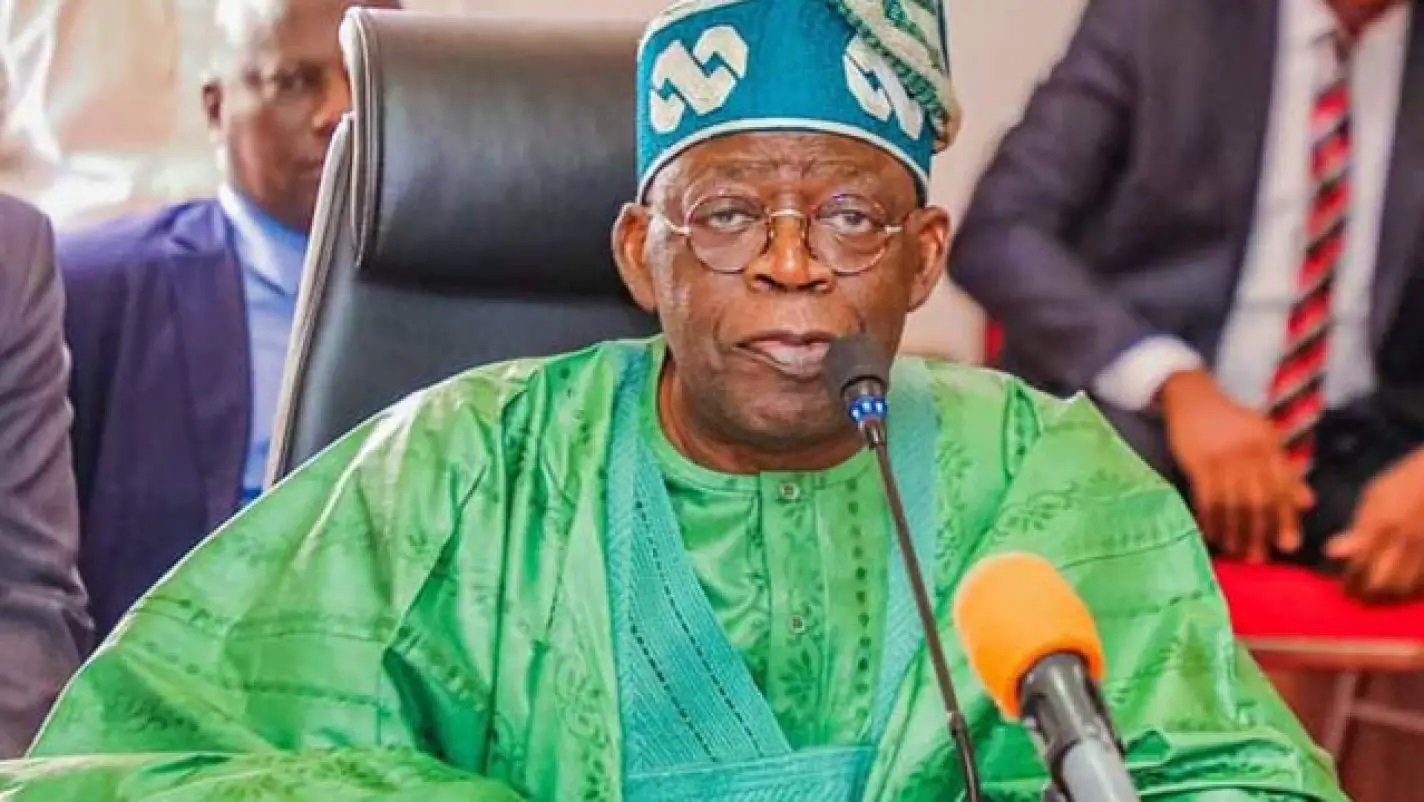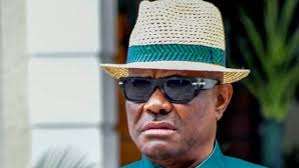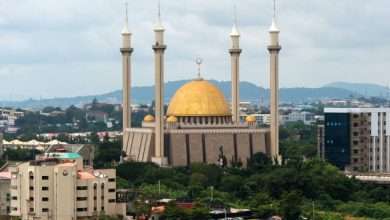
President Bola Ahmed Tinubu has assented to the Electricity Act 2023. The Electricity Act will replace the Electricity and Power Sector Reform Act 2005.
Africa Update learnt that this Law is expected to provide a framework to guide the post-privatization phase of the Nigerian Electricity Supply Industry (NESI) and encourage private sector investments.
The Law ensures the de-monopolization of Nigeria’s electricity generation, transmission, and distribution at the National level and empowers states, companies and individuals to generate, transmit and distribute electricity.
Under the Act, states can issue licenses to private investors who can operate mini-grids and power plants within the state. However, the Act precludes interstate and transnational electricity distribution.
Under the Electricity Act 2023, the Nigerian Electricity Regulatory Commission (NERC) will be able to regulate the electricity sector within Nigeria without prejudice to the states’ powers to make laws and create electricity markets within those states and to regulate those markets.
The Act mandates how NERC can transition regulatory responsibilities from itself to state regulators when they are established. NERC will continue to regulate electricity business exclusively carried out in those states, until a state has passed its electricity market laws.
For now, Lagos, Edo, and Kaduna States already have electricity market laws and can start regulating their market. But for other states without such laws, NERC will regulate. NERC will still carry out cross-border regulations – generation and transmission across states will still be regulated by NERC.
The Act grants lawmakers the power to carry out oversight responsibilities and function over the NESI through its respective Committees on Power in the Senate and House of Representatives. It is to be carried out notwithstanding the supervisory powers of any government Ministry over government-owned enterprises or other entities operating in the Nigerian electricity supply industry.
Electricity generation licensees are obligated to meet renewable generation obligations as may be prescribed by NERC. Under the Act, electricity generating companies will be mandated to either generate power from renewable energy sources, purchase power generated from renewable energy or procure any instrument representing renewable energy generation.
The Electricity Act also mandates the imposition of renewable purchase obligations on distribution or supply licensees.
The Act also states that anyone may construct, own or operate an undertaking for generating electricity not exceeding 1 megawatt (MW) in aggregate at a site or an undertaking for distribution of electricity with a capacity not exceeding 100 kilowatts (KW) in aggregate at a site, or such other capacity as NERC may determine from time to time, without a license.






